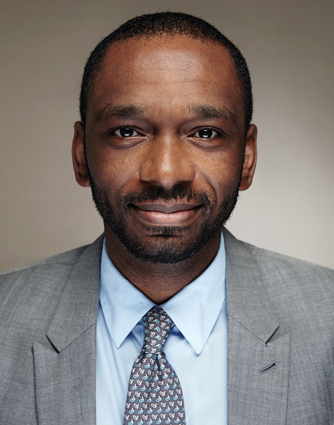Angola’s oil-dependent economy is on the slow march towards diversification. But reaching its destination will require, among other things, a mix of further investment, regulatory change and meaningful commitment to reform on the part of the government.
While some progress has been made, including the introduction of a new private investment law and ongoing changes to the tax regime, the country still lacks the investment needed to propel non-oil sectors of the economy forward in the coming years. A hard-currency liquidity crisis and an expected leadership transition in 2017 are not helping.
Nevertheless, new champions for Angola’s non-oil economy are emerging. At the forefront is the country’s sovereign wealth fund, Fundo Soberano de Angola (FSDEA), a $5bn entity officially established in 2012. With a mission to promote the social and economic development of Angola, the fund has marked itself out as a key driver of the country’s non-oil potential.
Cutting dependence on oil
“One of the reasons why the FSDEA is crucial to Angola's development is the fact that it focuses on the non-oil sectors of the economy. The strategic objective is to reduce the country's dependence on the oil industry,” says its chairman, Josė Filomeno dos Santos.
About 60% of the FSDEA portfolio is geared towards private equity investments in Angola and sub-Saharan Africa, with the remaining sum invested in fixed-income securities. FSDEA’s private equity activity is at an early stage but Mr dos Santos is looking to the longer term potential of sectors such as infrastructure, agriculture and timber to generate returns while promoting economic diversification.
“The Angolan sovereign wealth fund’s private equity investment has a triple impact on its performance. It generates more capital gains than traditional securities holdings. It catalyses socio-economic gains, such as additional employment and new business opportunities. And it generates sources of sustainable net income over the long term,” says Mr dos Santos.
Agriculture investment
In the first half of 2016, FSDEA’s $250m agriculture private equity investment fund secured concessions of about 72,000 hectares of farmland split among seven large-scale farms. The objective is to produce crops for the domestic market, as well as for export, though the fund is still appraising how the land can best be utilised.
“The management of FSDEA's various agricultural investments is obviously assessing what the Angolan market requires domestically, as well as what can be exported abroad, to ensure the financial feasibility of this strategic allocation,” says Mr dos Santos.
But transforming these concessions into well-functioning and commercially viable agricultural assets is unlikely to be straightforward. For one, Angola scores poorly on many international business indices, in categories from corruption and innovation to the ease of doing business. A dearth of skilled labour and poor physical infrastructure add to the challenges of launching a commercial project. Addressing these problems will be critical if Angola is to emerge as a top-tier investment destination.
More transparent
For its part, the FSDEA is looking to improve the transparency of the business environment. The recent acquisition of a timber concession is a case in point.
“The FSDEA has recently acquired a large eucalyptus concession in the central region of Angola. This investment has already improved the prospects for the private companies and local authorities that intervene in the exploitation, processing and trade of timber and its derivatives. As a result, we have increased the commercial transparency of the operation while simultaneously generating higher revenues for all parties involved,” says Mr dos Santos.
The fund is the first organisation in Angola to adopt International Financial Reporting Standards. By increasing the transparency of its operations, the fund hopes to promote a greater awareness of its work, as well as the potential of Angola, to a wider range of investors. As Mr dos Santos acknowledges, for those who have not visited the country, Angola is an underappreciated market. “The challenge is to raise the profile of Angola as a location that is attractive to an increasing number of professional investors,” he says.
While the work of the FSDEA will be important, the government must also stick to its course of economic and political reform. This will require hard choices and, at times, painful change, in order to root out corruption and encourage investment and innovation. If it can get this right, Angola has every opportunity of prospering in an era of subdued oil prices.












